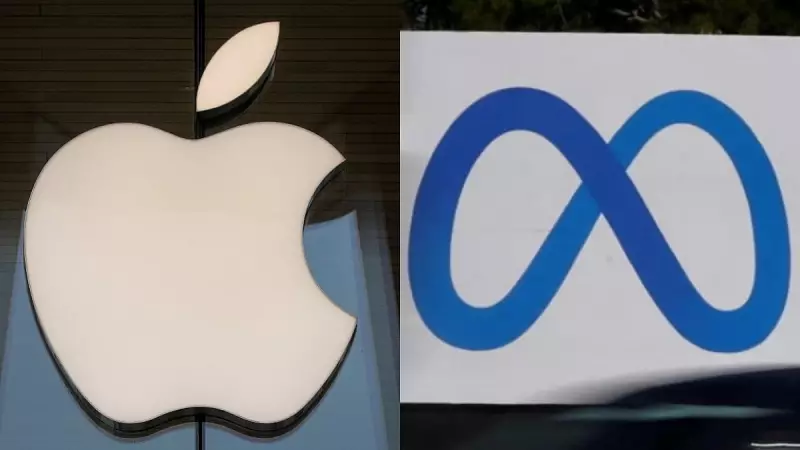
In a significant development that pits global technology giants against Indian telecom operators, four major US tech companies have jointly opposed the stance of Reliance Jio and Vodafone Idea regarding the allocation of 6 GHz band spectrum.
The Spectrum Dispute Intensifies
Apple, Amazon, Cisco, and Meta have formed a united front to challenge the position taken by Reliance Jio and Vodafone Idea in the ongoing debate over how India should allocate the valuable 6 GHz frequency band. The controversy centers around whether this spectrum should be licensed for cellular services or remain unlicensed for public use.
The tech giants submitted their collective viewpoint, arguing that any upper 6 GHz spectrum that would otherwise remain unused should be made available for unlicensed use in the interim period. This position directly contradicts the telecom operators' preference for licensed allocation that would enable them to expand their 5G services.
Battle for Airwaves: Licensed vs Unlicensed Use
The heart of this conflict lies in the different applications of the 6 GHz spectrum band. Telecom operators like Reliance Jio and Vodafone Idea view this spectrum as crucial for expanding their 5G networks and meeting the growing demand for high-speed mobile broadband services. Licensed spectrum would give them exclusive rights to use these airwaves for cellular services.
Conversely, the US technology companies advocate for unlicensed allocation, which would allow public access for Wi-Fi 6E and other innovative technologies. Unlicensed spectrum enables broader public access and supports technologies that don't require exclusive frequency rights, potentially fostering greater innovation and competition.
Implications for India's Digital Future
This dispute has far-reaching consequences for India's digital ecosystem. The outcome will significantly impact how Indians access high-speed internet in the coming years. The decision could shape the country's technological landscape for decades, influencing everything from mobile connectivity to enterprise solutions and public Wi-Fi infrastructure.
The joint opposition from these technology behemoths underscores the global importance of India's spectrum policy decisions. As one of the world's largest digital markets, India's regulatory choices often set precedents that other countries consider when formulating their own telecom policies.
The Telecom Regulatory Authority of India (TRAI) now faces the challenging task of balancing these competing interests while ensuring optimal utilization of this valuable national resource. The resolution of this dispute will reveal much about India's priorities in its ongoing digital transformation journey.






